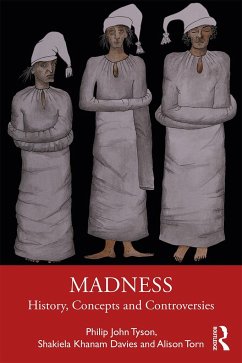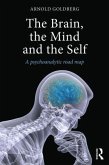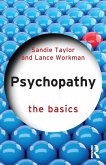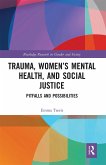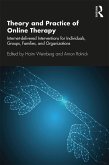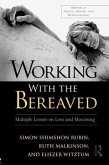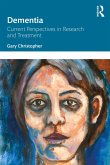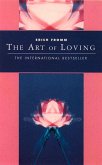Madness: History, Concepts and Controversies provides a comprehensive and critical analysis of current perspectives on mental illness and how they have been shaped by historical trends and dominant sociocultural paradigms.
From its representation among world religions and wider folkloric myth, to early attempts to rationalize and treat symptoms of mental disorder, this book outlines the principle contemporary models of understanding mental health and situates them within a wider historical and social context. The authors consider a variety of current controversies within the mental health arena and provide numerous pedagogical features to allow students the opportunity to understand and engage in current issues and debates relating to psychological disorders.
By discussing key issues such as the social construction of mental illness, this text provides an essential overview of how societies and science has understood mental illness, and will appeal to students, researchers and general readers alike.
From its representation among world religions and wider folkloric myth, to early attempts to rationalize and treat symptoms of mental disorder, this book outlines the principle contemporary models of understanding mental health and situates them within a wider historical and social context. The authors consider a variety of current controversies within the mental health arena and provide numerous pedagogical features to allow students the opportunity to understand and engage in current issues and debates relating to psychological disorders.
By discussing key issues such as the social construction of mental illness, this text provides an essential overview of how societies and science has understood mental illness, and will appeal to students, researchers and general readers alike.
'This book is an exceptional pedagogical tool for teaching about madness both historically and critically. It provides a unique in-depth overview of the history and key issues of understanding mental health. This book is both contextual and critical - a much-needed teaching resource.' - Katherine Hubbard, University of Surrey, UK

